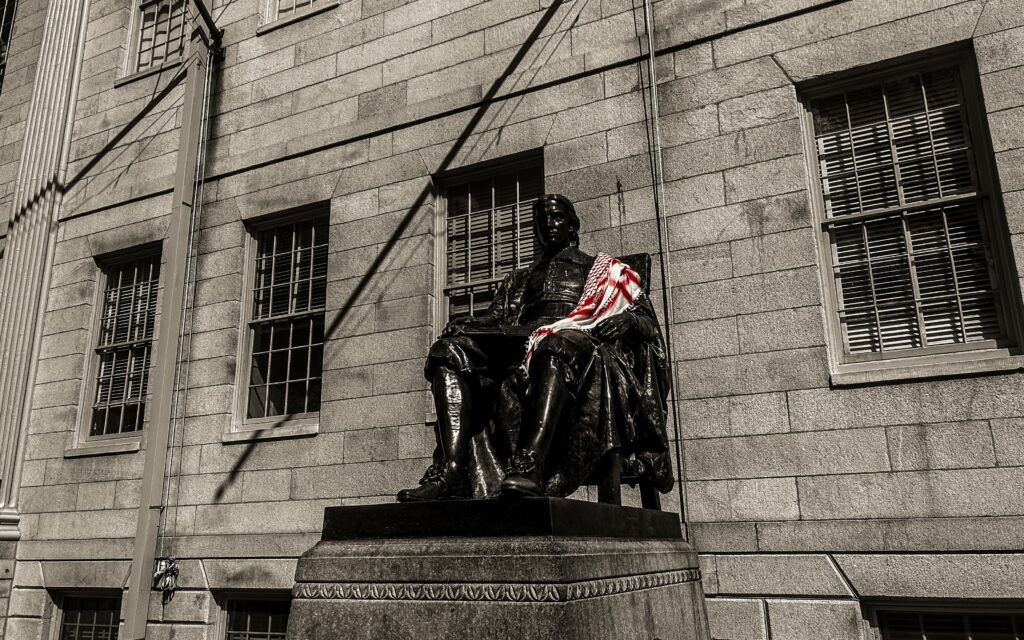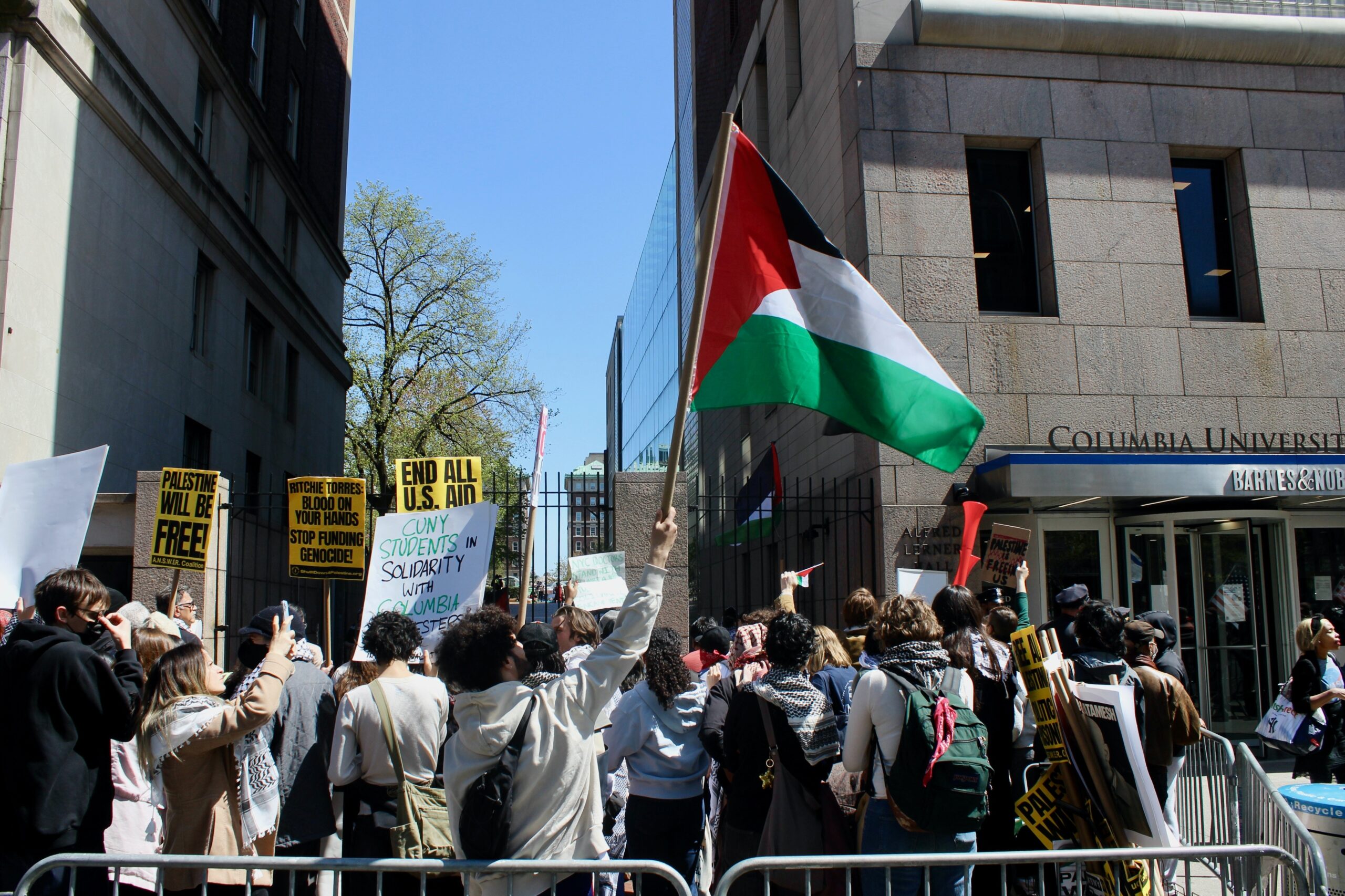A new Harvard University–Harris Research Foundation poll revealed a striking generational divide in attitudes toward Israel and Hamas, underscoring how deeply the debate over the Middle East conflict is reshaping American political culture. Conducted online from August 20 to 21, 2025, among 2,025 registered voters with a margin of error of ±2.2 percent, the survey found that sixty percent of Generation Z respondents, ages 18 to 24, expressed support for Hamas over Israel. They were the only age group to do so, in stark contrast to older Americans who continue to back Israel by overwhelming margins.
Among Americans 65 and older, eighty-nine percent sided with Israel, while support dropped to seventy percent among those aged 35 to 44. The switch came with Gen Z, where the majority declared sympathy for Hamas despite the group’s record of terrorism and its charter’s explicit call for the genocide of the Jewish people. The findings reflect a sharp increase in support for Hamas among young adults in only a few months. A similar Harvard/Harris survey conducted in March 2025 found that forty-eight percent of 18- to 24-year-olds backed Hamas. By August, the figure had risen to sixty percent, suggesting a rapid hardening of views within this demographic.
Other aspects of the poll reveal the same generational divide. A clear majority of Americans—seventy-eight percent—agreed that Hamas must release all remaining hostages without conditions or face serious consequences. Still, younger respondents were significantly less likely to hold Hamas accountable. On the question of whether Israel should only strike a hostage deal if Hamas leaves Gaza, fifty-eight percent of Americans overall insisted that Hamas must be removed. Still, fifty-nine percent of Gen Z said Israel should proceed with a deal even if Hamas remains in power.
Partisan divisions also emerged. Republicans remain firmly supportive of Israel, with eighty-two percent backing the Jewish state compared to eighteen percent for Hamas. Among Democrats, the split is more pronounced, with sixty-seven percent supporting Israel and thirty-three percent siding with Hamas. Despite these differences, every demographic except for the youngest Americans continues to oppose Hamas by substantial margins.
The poll comes at a time of record antisemitism in the United States, especially on college campuses where members of Gen Z are most active. According to Hillel International, the 2024–2025 academic year saw 2,334 antisemitic incidents on U.S. campuses, the highest number ever recorded and nearly ten times more than the year before the Hamas-led October 7 attacks. Violent incidents have declined slightly, but online harassment, intimidation, and antisemitic propaganda have surged to unprecedented levels. Jewish students report widespread fear and isolation. A survey conducted in 2024 by Alums for Campus Fairness found that forty-four percent of Jewish students rarely or never feel safe identifying openly as Jewish, up from twenty-one percent in 2021. More than half said they or someone they know had been physically threatened because they were Jewish, and seventy-eight percent admitted to avoiding places or events on campus due to their Jewish identity.

The Anti-Defamation League recorded 9,354 antisemitic incidents nationwide in 2024, averaging more than twenty-five incidents per day. This marked a five percent increase from the previous year, a 344 percent increase over the past five years, and an 893 percent increase over the past decade. More than half of these incidents were linked directly to anti-Israel sentiment, a connection underscored by the rise of pro-Hamas activism on campuses like Columbia, UCLA, and Harvard.
Federal authorities and universities have been forced to respond. Harvard’s own antisemitism task force reported widespread hostility toward Jewish students. It recommended adopting the International Holocaust Remembrance Alliance definition of antisemitism, mandatory training, and new offices dedicated to combating bias. Similar measures are being considered at other major universities as lawsuits, government scrutiny, and student protests mount.
The combination of rising antisemitism on campus and increasing sympathy for Hamas among young Americans highlights a troubling convergence. Hamas is not merely a militant organization but a terrorist group that has enshrined in its founding charter a call for the extermination of Jews. Yet, despite this, a growing portion of America’s youngest generation appears willing to overlook its genocidal ideology, aligning itself instead against Israel.
For Jewish students, this has created an environment that is both physically unsafe and intellectually hostile. For policymakers and educators, the challenge is urgent: how to ensure the safety of Jewish students, preserve freedom of thought on campus, and confront the normalization of a movement that openly calls for genocide. For American society as a whole, the polls and incident reports are a sobering reminder that the conflict in the Middle East is not just a distant geopolitical issue, but one that is reshaping the moral and political landscape of the next generation at home.




